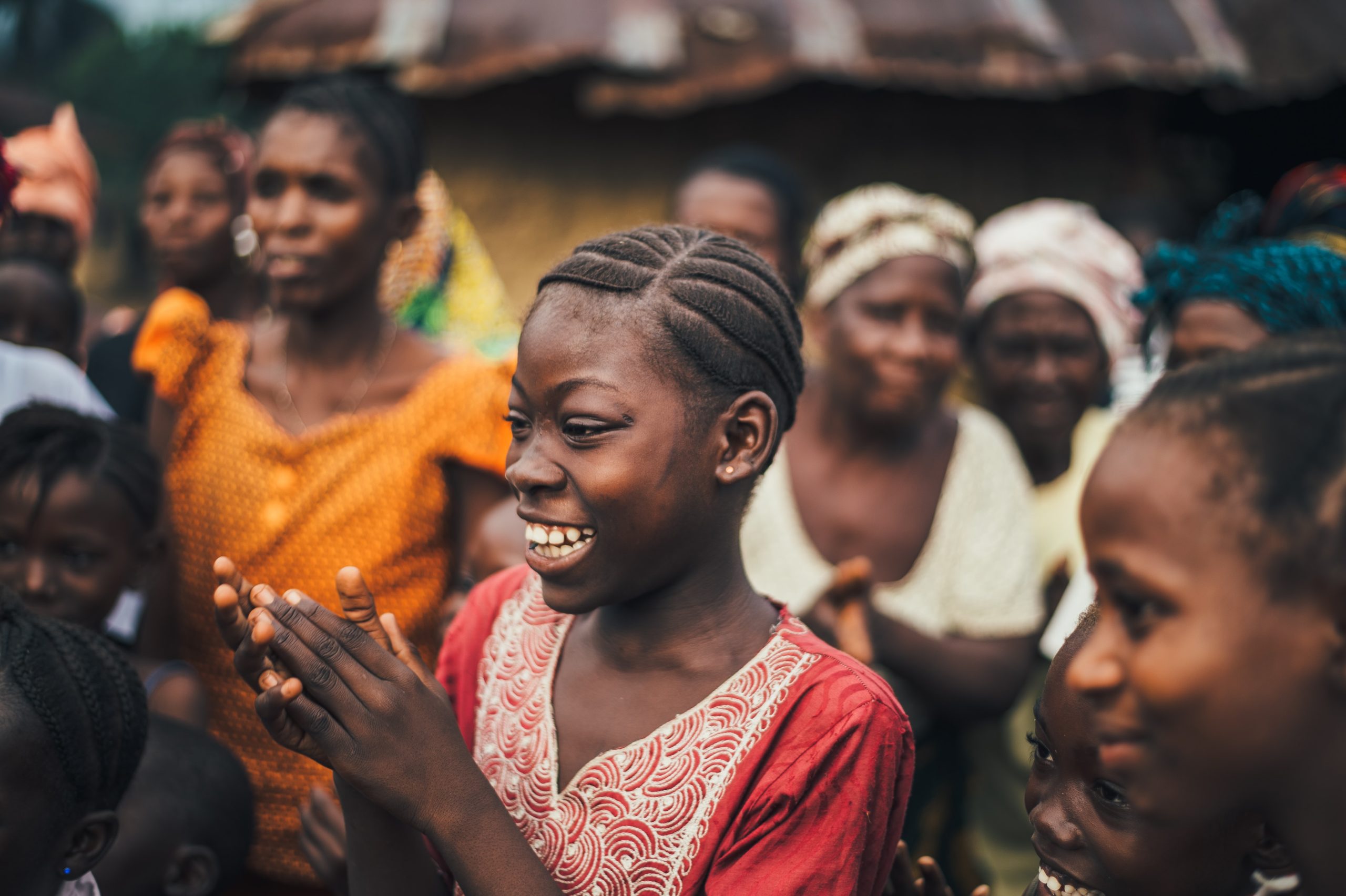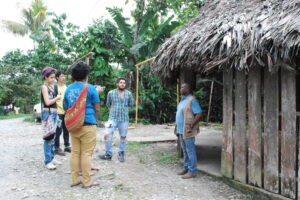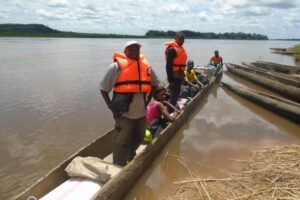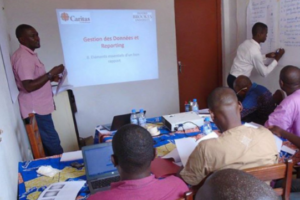Community Mobilization
CERAR promotes community mobilization defined as a process enabling local groups to act collectively
in order to show and make the best of their knowledge and skills.



